Finally! It’s the first day of 2021 and the dark, difficult days of 2020 are entirely behind us. Well, at least they are on the calendar. Covid is still with us. And the lust for power that drives so many of our leaders to tell the rest of us how to live remains as strong as it was as the last seconds of December 31 ticked away on the clock.
All of that is true enough, but I believe 2021 is going to be a far better year than 2020 was in at least one of the most important sectors of daily American life, that of freedom of religious belief and practice, as protected by the First Amendment of the U.S. Constitution.
The reason for my optimism on this score is the one thing about 2020 that may ultimately prove to be the most remembered and most significant fact about it: The U.S. Supreme Court’s landmark decision in Roman Catholic Diocese of New York v. Andrew Cuomo, Governor of New York.
It is difficult to over-estimate the long-term significance of Catholic Diocese because it reaches back to the very heart of the American founding and the Constitution that put legal flesh and bone on it.
The noxious lies of the 1619 Project notwithstanding, the American founding began the day the Pilgrims departed Holland to cross the Atlantic in the Mayflower in search of a new home that would free them to worship God as they understood Him from the Bible.
From the time they composed and ratified the Mayflower Compact en route to the New World, the Pilgrims launched a new approach to government based on the consent of the governed, not the power of a single monarch, conquest or any group of individuals animated by a shared political ideology, economic interest or ethno-tribal heritage.
In the decades that followed the Pilgrims’ landing at Plymouth Rock in 1620, the idea of the consent of the governed as the basis of government was applied, haltingly at the outset and sometimes in mistaken ways thereafter, and in other times without sufficient appreciation for the foibles of mankind.
But, as the years went by and the Declaration of Independence in 1776 approached, the essential, priceless value of the idea remained and was ultimately embodied in the Constitution and the Bill of Rights, most especially in the First Amendment:
Congress shall make no law respecting an establishment of religion, or prohibiting the free exercise thereof; or abridging the freedom of speech, or of the press; or the right of the people peaceably to assemble, and to petition the Government for a redress of grievances.
Because the Pilgrims came here in search of it, it should not surprise us that the first right of every American is to be free from being told by government which god to worship or what must be believed about it, and ensuring that every American can worship, or not worship, as he or she chooses. The Mayflower Compact leads directly to the First Amendment.
But for whatever reason, that lust for power mentioned at the outset of this column has been especially strong and aimed at freedom of religious belief and practice in recent decades. That’s why Catholic Diocese is a landmark. It corrects so much that has been done by government to impinge on and constrict our first freedom.
The case came about because Cuomo, like so many other officials across the country in 2020 using the public health threat posed by Covid, issued an edict that effectively limited who could exercise their First Amendment rights and how they did so.
But the High Court declared:
Members of this Court are not public health experts, and we should respect the judgment of those with special expertise and responsibility in this area. But even in a pandemic, the Constitution cannot be put away and forgotten. (Emphasis added).
“The restrictions at issue here, by effectively barring many from attending religious services, strike at the very heart of the First Amendment’s guarantee of religious liberty. Before allowing this to occur, we have a duty to conduct a serious examination of the need for such a drastic measure.
And the glory of the decision is that it applies not just to Cuomo and New York, but to the whole country. As Associate Justice Neil Gorsuch noted in his concurring opinion:
As almost everyone on the Court today recognizes, squaring the Governor’s edicts with our traditional First Amendment rules is no easy task. People may gather inside for extended periods in bus stations and airports, in laundromats and banks, in hardware stores and liquor shops.
No apparent reason exists why people may not gather, subject to identical restrictions, in churches or synagogues, especially when religious institutions have made plain that they stand ready, able, and willing to follow all the safety precautions required of ‘essential’ businesses and perhaps more besides.
The only explanation for treating religious places differently seems to be a judgment that what happens there just isn’t as “essential” as what happens in secular spaces. Indeed, the Governor is remarkably frank about this:
In his judgment laundry and liquor, travel and tools, are all “essential” while traditional religious exercises are not. That is exactly the kind of discrimination the First Amendment forbids.
Nor is the problem an isolated one. In recent months, certain other Governors have issued similar edicts. At the flick of a pen, they have asserted the right to privilege restaurants, marijuana dispensaries, and casinos over churches, mosques, and temples.
As I wrote on HillFaith shortly after the decision was announced, Associate Justice Samuel Alito foreshadowed Catholic Diocese a few weeks before it was delivered in a speech before the Federalist Society.
The decision was dated the day before Thanksgiving 2020, the national holiday most closely associated with the Pilgrims. And within a few weeks, as lower federal courts began applying the decision in knocking down the unconstitutional edicts of other governors, it became clear Catholic Diocese was a Christmas gift to all Americans.
There remains much to be done in 2021 to make full application of the decision’s implications for American culture and governance. It is likely to be a year full of challenges and opportunities. Let us together make the most of them.
Mark Tapscott is founding editor of HillFaith, an apologetics ministry devoted to sharing the Gospel of Jesus Christ with young men and women working on Capitol Hill. And speaking of New Year challenges, what if Genesis 1 is right?


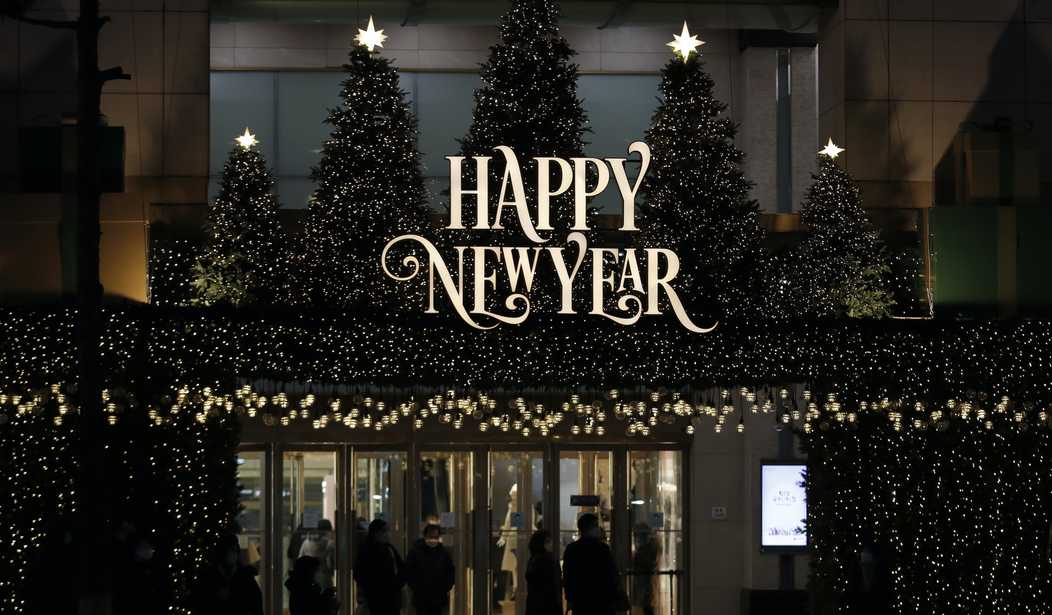
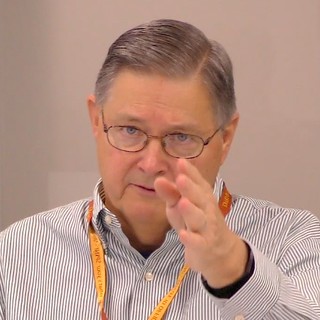


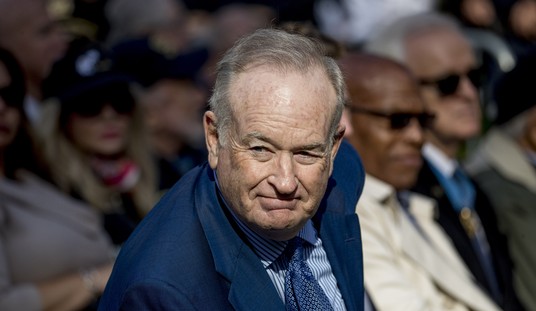
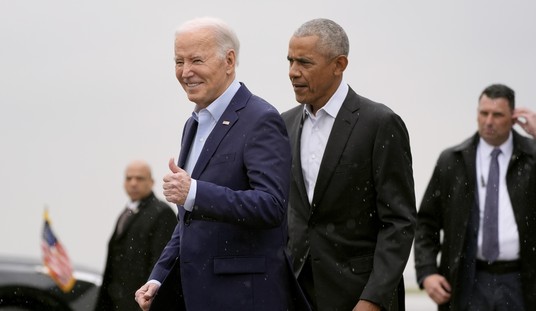
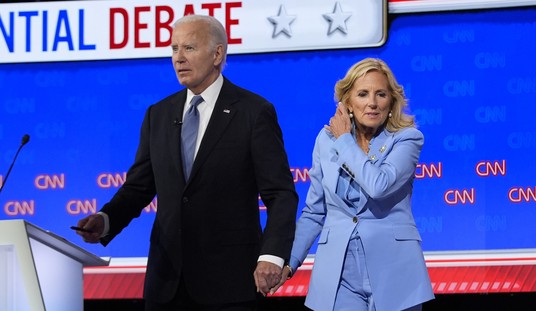
Join the conversation as a VIP Member